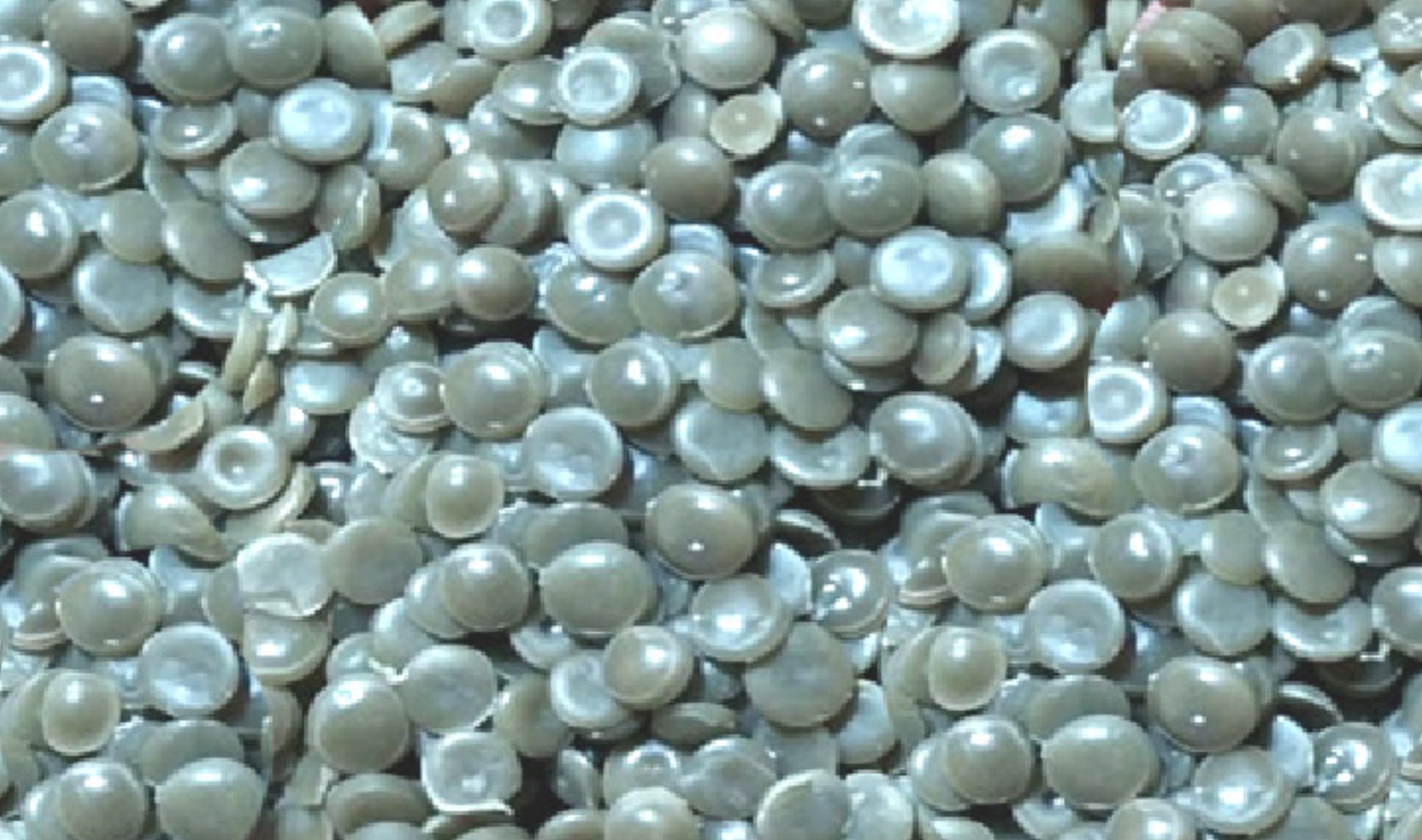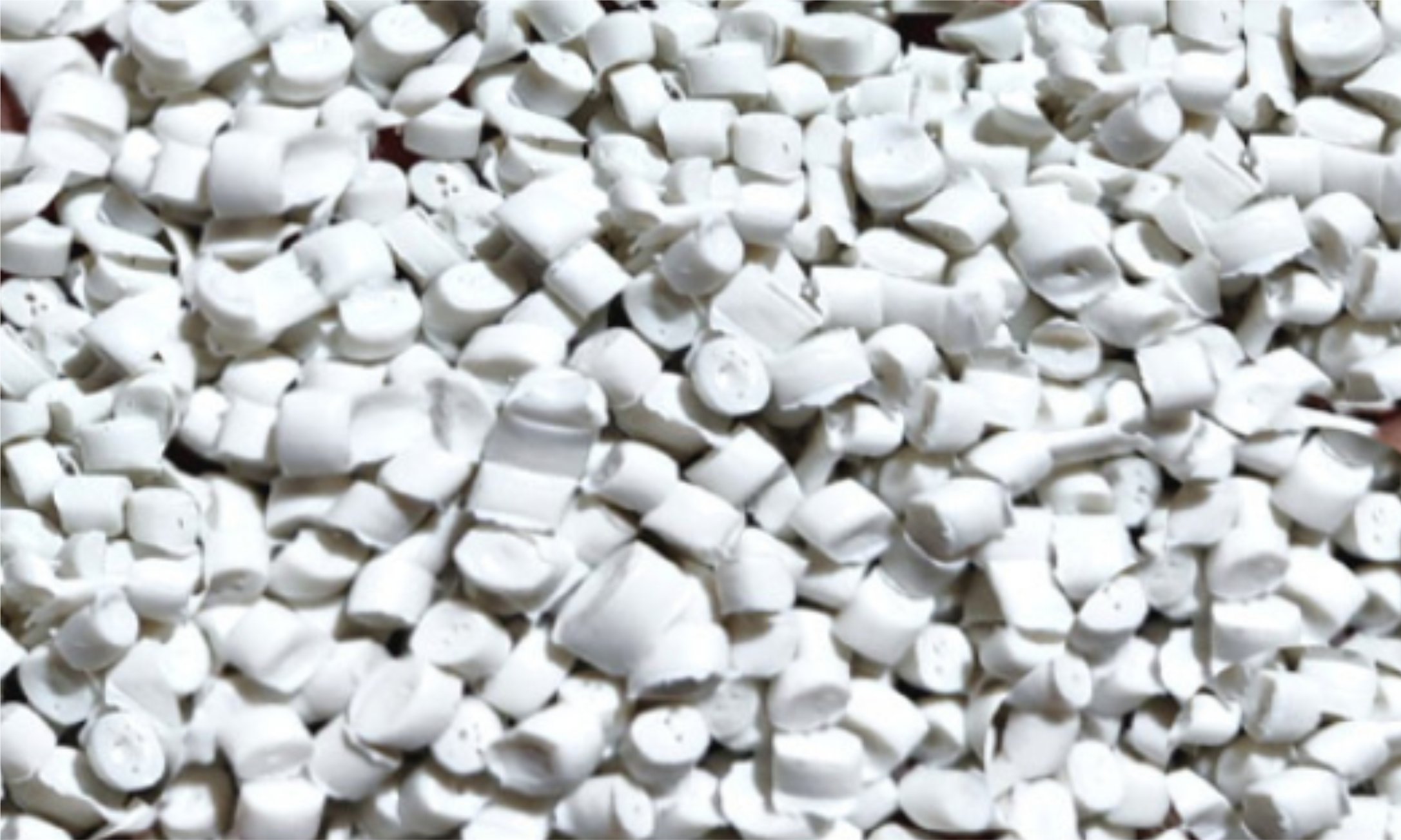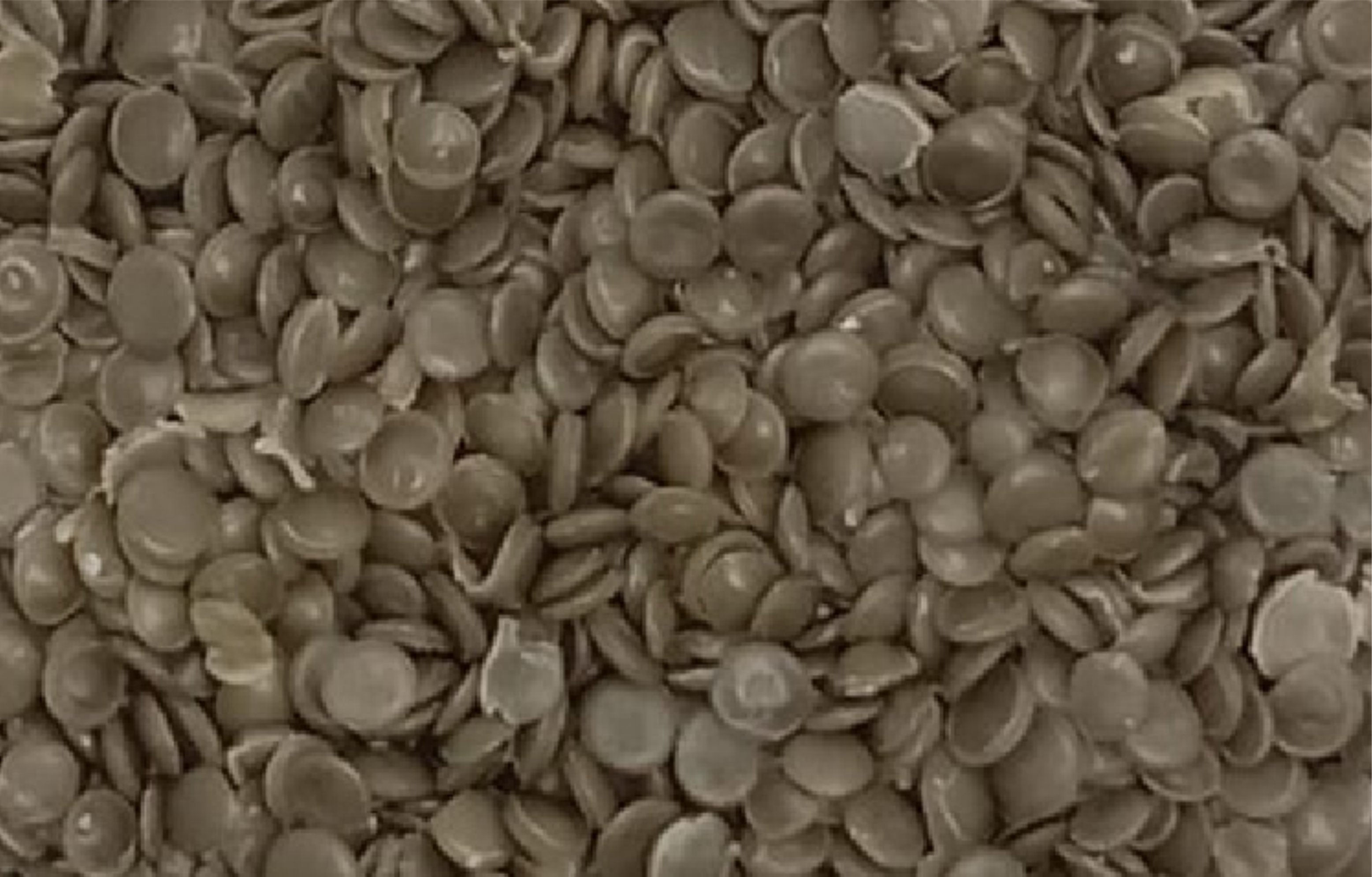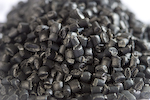
High-density polyethylene (HDPE) or polyethylene high-density (PEHD) is a polyethylene thermoplastic made from petroleum. It takes 1.75 kilograms of petroleum (in terms of energy and raw materials) to make one kilogram of HDPE. HDPE is commonly recycled, and has the number "2" as its recycling symbol. In 2007, the global HDPE market reached a volume of more than 30 million tons.
HDPE is also used for cell liners in subtitle D sanitary landfills, wherein large sheets of HDPE are either extrusion or wedge welded to form a homogeneous chemical-resistant barrier, with the intention of preventing the pollution of soil and groundwater by the liquid constituents of solid waste.
One of the largest uses for HDPE is wood plastic composites and composite wood, with recycled polymers leading the way.
HDPE is also widely used in the pyrotechnics trade. HDPE mortars are preferred to steel or PVC tubes because they are more durable and more importantly they are much safer compared to steel or PVC. If a shell or salute were to malfunction (flowerpot) in the mortar, HDPE tends to rip or tear instead of shattering and becoming shrapnel like PVC, which can kill or maim onlookers. PVC and steel are particularly prone to this and their use is avoided where possible.
Milk bottles and other hollow goods manufactured through blow molding are the most important application area for HDPE - More than 8 million tons, or nearly one third of worldwide production, was applied here. Above all, China, where beverage bottles made from HDPE were first imported in 2005, is a growing market for rigid HDPE packaging, as a result of its improving standard of living. In India and other highly populated, emerging nations, infrastructure expansion includes the deployment of pipes and cable insulation made from HDPE.[1] The material has benefited from discussions about possible health and environmental problems caused by PVC and Polycarbonate associated Bisphenol A, as well as its advantages over glass, metal and cardboard.





